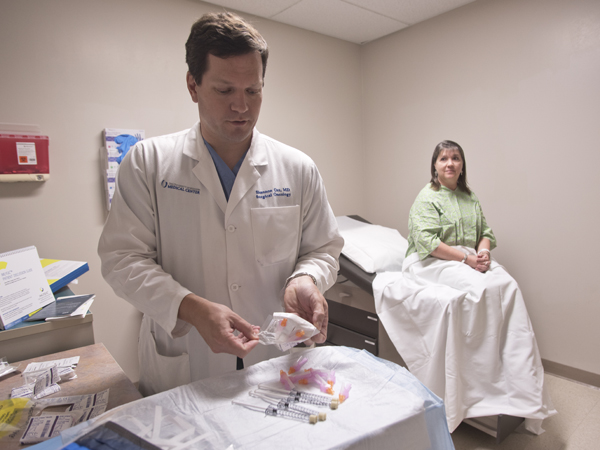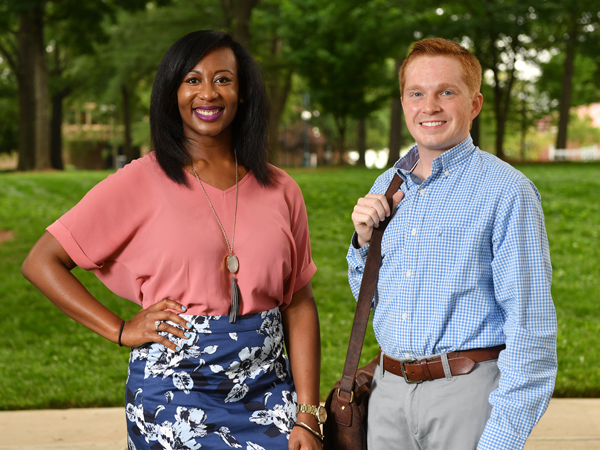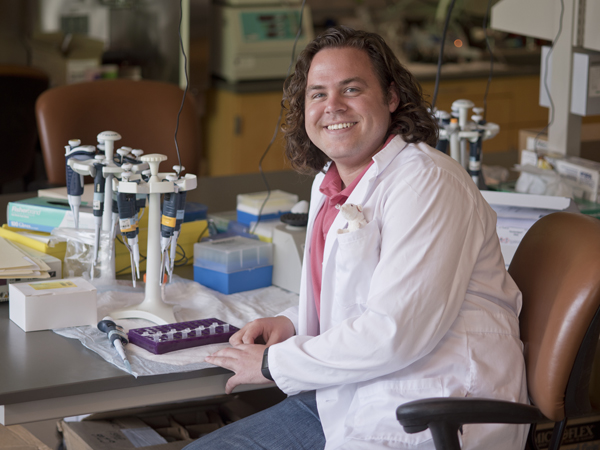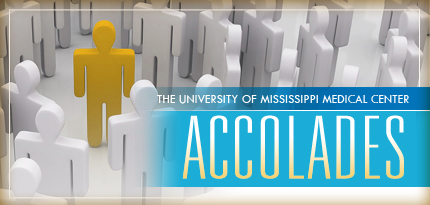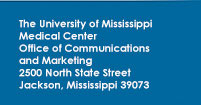|
Giving patients the best of care may happen as much at the Legislature as it does in the variety of pharmacy practice settings, according to Lauren Lyles of Jackson and Cody Clifton of Walnut, two 2016 University of Mississippi School of Pharmacy graduates. The two founded the University of Mississippi Advocacy Council (UMAC) within the School of Pharmacy to encourage students to let their voices be heard on public policy. The council, said Clifton, “was founded when two students, Lauren and I, knew that there was a need for additional policy and advocacy awareness and involvement among student pharmacists at the University of Mississippi School of Pharmacy. Student pharmacists need to be engaged in these types of advocacy activities as young professionals because events today determine what the future of pharmacy will be when we begin practicing.” With help from Dr. Leigh Ann Ross, associate dean for clinical affairs in the School of Pharmacy, Lyles and Clifton put the inspiration from participating in Dr. Ross's Leadership and Advocacy Class and attending the National Community Pharmacists Association (NCPA) and American Pharmacists Association conventions to work by forming the council while students in Oxford. The mission of UMAC is to provide opportunities to develop students as advocates, coordinate policy impacting pharmacy and health-related issues, and engage external constituencies to advocate for policy and legislative initiatives. Since its inception, the council has taken a leadership role in coordinating student involvement in Pharmacy Capitol Day at our state legislature, providing support for students who attend advocacy-focused national meetings, and hosting guest speakers to discuss public policy. “While at the NCPA meeting, Cody and I attended different student sessions about leadership, advocacy and entrepreneurship,” Lyles said. “We learned that the profession of pharmacy is dependent on inspiring practicing pharmacists and getting pharmacy students involved to promote awareness and education on pharmacy legislative affairs to help facilitate optimal patient care throughout this health-care reform.” “Our ultimate goal,” said Clifton, “is to ensure patients are getting the absolute best care possible. We all know that health care and pharmacy are ever-evolving. Now, more than ever, student pharmacists' role in advocating for our profession can help usher in the new era of pharmacy that we are striving for - provider status. The University of Mississippi Advocacy Council allows an avenue for student pharmacists to become involved in these aspects and to encourage them in discovering their voice.”
|

